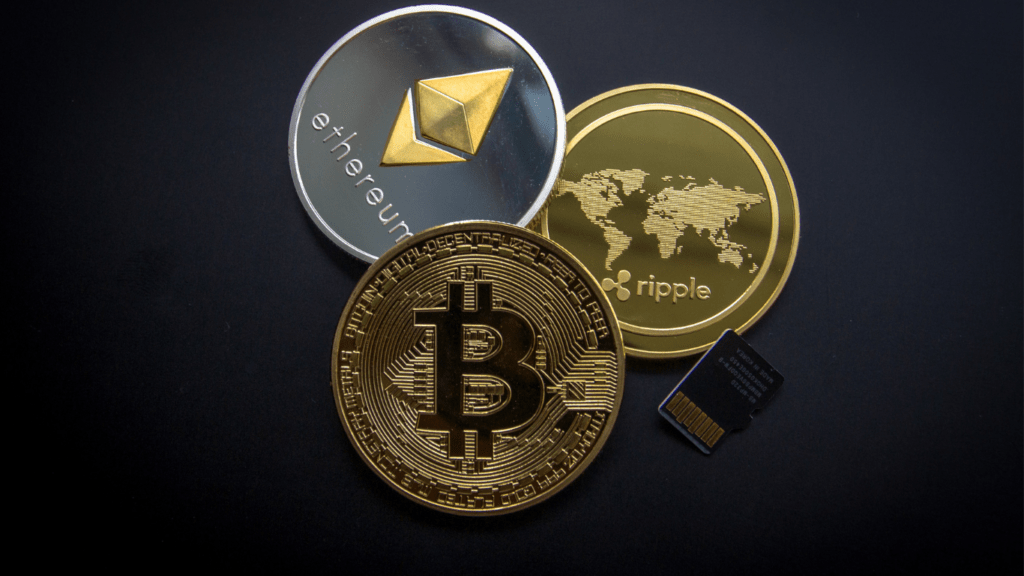Understanding Decentralized Jackpots
Decentralized jackpots use blockchain technology to create a more transparent gambling experience. These systems rely on smart contracts, which execute automatically when predefined conditions are met. By eliminating intermediaries, they ensure fair payouts and reduce the possibility of fraud. Blockchain records every transaction on a public ledger, making it accessible and verifiable for anyone.
Traditional jackpots often lack transparency, with players questioning the fairness of draws and payouts. Decentralized mechanisms address these concerns by offering immutable records and publicly auditable processes. By using cryptographic algorithms, blockchain ensures that neither casinos nor external entities can manipulate the outcomes.
Participants in decentralized jackpots enjoy a higher level of trust, as blockchain provides certainty in terms of game integrity. Transactions occur in real-time, reducing delays and enhancing the overall user experience. With payouts governed by smart contracts, users can track and verify their funds without relying on casino operators.
Adopting decentralized jackpots means embracing a system where randomness is guaranteed through cryptographic functions. With these advancements, gambling shifts towards a model that benefits both players and operators by offering security and genuine fairness. As a result, decentralized jackpots represent a major innovation in the realm of gambling, challenging traditional systems and setting new standards for transparency and trustworthiness.
The Role Of Blockchain In Gambling
Blockchain technology reshapes gambling, offering solutions like transparency and security. It changes traditional systems, making them more efficient and accessible.
Enhanced Security And Transparency
Blockchain ensures high security by utilizing cryptographic principles. Every transaction, whether placing bets or claiming winnings, is recorded on an immutable public ledger. This process reduces fraud chances and enables players to verify transactions. Smart contracts, which automate terms, further enhance fairness since they can’t be altered once deployed.
Reduced Transaction Costs
Traditional payment methods involve:
- processing fees
- intermediaries
- delays
Blockchain eliminates these, offering direct transactions between players and platforms. This approach lowers costs because there are no banks or payment processors involved. Cryptocurrency payments often incur minimal fees and process quickly, giving players higher returns.
Greater Accessibility For Players
Unlike traditional platforms restricted by geographical and regulatory barriers, blockchain-based gambling is more accessible globally. Players can engage with decentralized platforms from anywhere with internet access. Cryptocurrencies facilitate easy access to gambling services, bridging gaps that traditional currencies often encounter. Decentralized systems remove the need for intermediaries, allowing players easier entry into games and jackpots.
Key Benefits Of Blockchain-Based Jackpots
Blockchain-based jackpots offer transformative advantages, enhancing fairness, efficiency, and profitability in the gambling industry.
- Fairness And Randomness
Blockchain ensures fairness through transparency in decentralized jackpots. Every transaction records on a public ledger, allowing players to verify results. Smart contracts execute automatically, ensuring randomness and eliminating manipulation. This transparency fosters trust among participants, setting a higher standard for fair play.
- Immediate Payouts
Smart contracts enable automatic execution in blockchain jackpots. Once a player wins, the payout occurs instantly without mediator delays. This immediate payout process enhances the user experience, as players receive their winnings securely and promptly. The efficiency of blockchain eliminates waiting times common in traditional systems.
- Lower House Edge
Decentralized jackpots reduce the house edge by eliminating middlemen. Without third-party fees, operational costs decrease, benefiting players with higher returns. The competitive edge of blockchain-based platforms attracts more players, offering increased profitability and a more favorable gambling experience.
Challenges Of Implementing Blockchain In Gambling

Implementing blockchain in gambling presents several challenges despite its benefits. Addressing these obstacles is crucial for maximizing the potential of decentralized jackpots.
Regulatory Hurdles
Navigating the regulatory landscape poses significant challenges for blockchain in gambling. Every jurisdiction has unique laws and regulations, often causing complexities in compliance. While some regions have favorable conditions for blockchain technology, others impose stringent rules that limit its growth.
An additional complication arises from the lack of a uniform international framework, which makes adapting to varying legal environments daunting. Nonetheless, regulators and industry leaders must collaborate to create policies that support innovation while ensuring consumer protection.
Technological Barriers
Adopting blockchain technology involves overcoming several technical limitations. Scalability remains a primary concern; current blockchain networks often struggle with processing large volumes of transactions efficiently. This can lead to delays, which affect the seamless experience gamblers expect.
Additionally, integrating blockchain with existing gambling platforms requires significant technical expertise and resources. Developing user-friendly interfaces that encourage adoption without compromising the technology’s security qualities is equally challenging. Despite these hurdles, continuous advancements in blockchain technology signal a growing capacity to address these issues effectively.
Notable Examples Of Decentralized Jackpot Platforms
Decentralized jackpot platforms are transforming gambling by leveraging blockchain technology. These platforms offer transparent, secure, and fair experiences.
Overview Of Popular Platforms
Several platforms lead the decentralized jackpot industry. FunFair, a blockchain-based casino, uses smart contracts to ensure fair games and instant payouts. Its transparency attracts a global audience. Another notable platform, Edgeless, operates on the Ethereum blockchain, guaranteeing a 0% house edge.
It leverages smart contracts to offer provably fair games. By allocating all winnings back to the players, it aims to create a more equitable gambling environment. A third example, Augur, uses prediction markets to enable decentralized betting. Through the Ethereum blockchain, it ensures transparency and trust without intermediaries, creating opportunities for decentralized jackpots.
Success Stories And Case Studies
Some decentralized jackpot platforms have achieved notable success. Edgeless experienced significant growth by providing a fully transparent system, with early adopters praising its fairness. FunFair has demonstrated increased player retention by adhering to its smart contract principles, which reassures players about the integrity of the system.
Augur’s platform stands out for enabling successful decentralized betting markets, with many participants benefiting from its trustless environment. Each of these cases illustrates how decentralized jackpots can offer a fairer, more transparent alternative to traditional gambling systems through blockchain innovation.



 Henry Stevenson
Content Strategist
Henry Stevenson is the Content Strategist at Jackpot Lucky Deal, bringing a rich background in gaming journalism and an eye for detail to every article and update. Henry’s primary focus is on delivering engaging, insightful content that helps readers understand the nuances of jackpot games, from slot machine strategies to tips on maximizing wins with responsible betting. Known for his ability to simplify complex topics and make them accessible, Henry has a knack for curating content that resonates with jackpot enthusiasts and newcomers alike. His role involves not only keeping readers informed about the latest news and trends but also crafting guides that support smarter, more informed gameplay. Through his work at Jackpot Lucky Deal, Henry aims to help players optimize their chances of winning while staying educated on safe betting practices.
Henry Stevenson
Content Strategist
Henry Stevenson is the Content Strategist at Jackpot Lucky Deal, bringing a rich background in gaming journalism and an eye for detail to every article and update. Henry’s primary focus is on delivering engaging, insightful content that helps readers understand the nuances of jackpot games, from slot machine strategies to tips on maximizing wins with responsible betting. Known for his ability to simplify complex topics and make them accessible, Henry has a knack for curating content that resonates with jackpot enthusiasts and newcomers alike. His role involves not only keeping readers informed about the latest news and trends but also crafting guides that support smarter, more informed gameplay. Through his work at Jackpot Lucky Deal, Henry aims to help players optimize their chances of winning while staying educated on safe betting practices.

